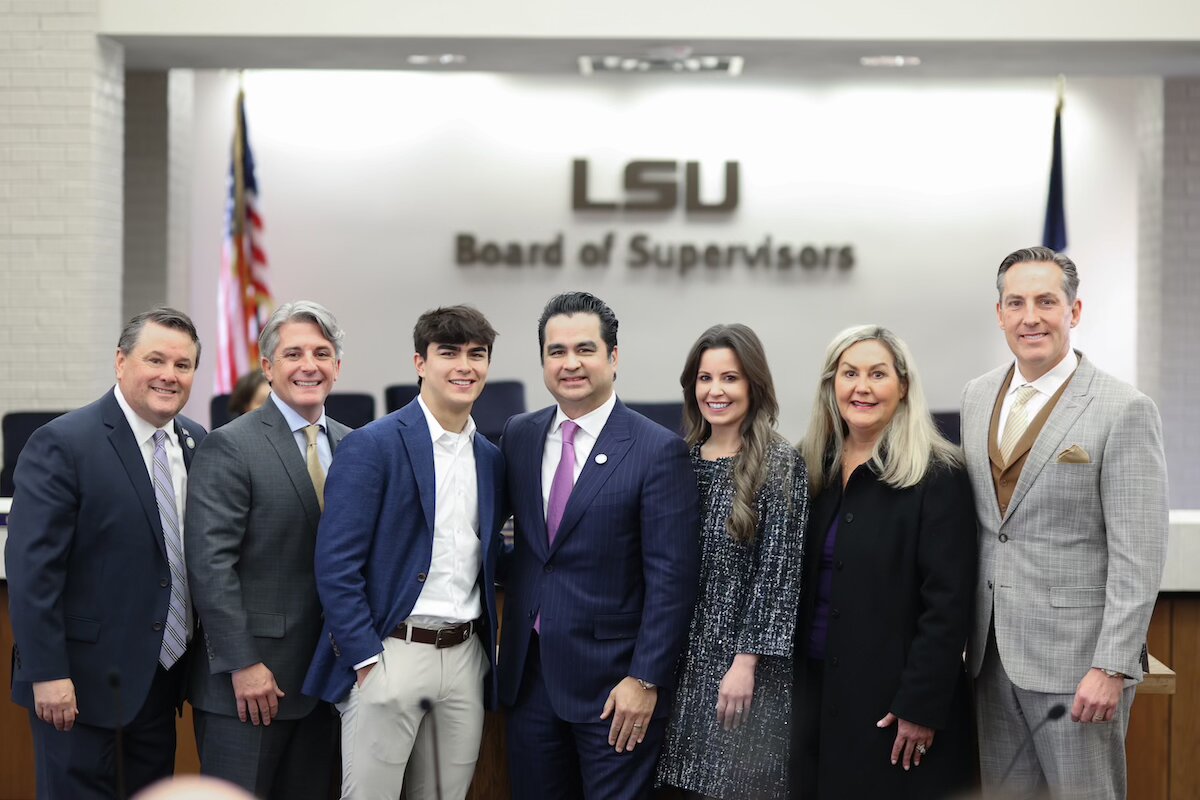
Partner at AKD Lawyers
Practice Areas: Insurance Claims

Law enforcement affects nearly every community, yet most people rarely understand the terminology used in police reports, court cases, or news coverage. Knowing the language of law enforcement helps citizens, journalists, and students interpret events accurately and understand the broader criminal justice process.
This article breaks down ten essential law enforcement terms that frequently appear in investigations, reports, and discussions about public safety.
Understanding Law Enforcement Terminology
Law enforcement terminology refers to the specialized vocabulary used by police officers, investigators, and the legal system. These terms describe processes, roles, and laws that shape how justice is administered.
Misunderstanding these terms can lead to misinformation or confusion about what actually happens in a criminal case.
By learning key phrases used by police and courts, readers gain a clearer sense of how investigations progress and how evidence, jurisdiction, and community partnerships work together to maintain order.
Key Law Enforcement Terms and What They Mean
Each of the following terms plays an important role in criminal investigations and public safety efforts across the United States.
CODIS (Combined DNA Index System)
CODIS is a national DNA database maintained by the FBI that helps match DNA evidence from crime scenes with known offenders. It has become one of the most powerful crime-solving tools available to investigators.
“The Combined DNA Index System (CODIS) has revolutionized how law enforcement agencies link evidence across jurisdictions, solving thousands of previously cold cases nationwide.”
CODIS helps local and federal agencies collaborate efficiently, allowing them to identify suspects and close long-standing unsolved crimes.

Cross-Deputization Agreements
These agreements let officers from one jurisdiction operate legally in another, such as tribal, state, or federal land. They are essential in regions where different laws overlap.
“Cross-deputization agreements are essential in areas where state, federal, and tribal jurisdictions overlap allowing officers to act cooperatively and close legal gaps.”
Cross-deputization improves safety by preventing suspects from escaping enforcement simply by crossing territorial lines.
Public Law 83-280 (P.L. 280)
This federal law defines criminal jurisdiction on certain tribal lands. It determines when states, rather than the federal government, are responsible for handling crimes in Native American territories.
“Public Law 83-280 outlines the complex division of criminal jurisdiction involving tribal lands, ensuring clarity in enforcement responsibility.”
Understanding P.L. 280 is key for anyone studying federalism and criminal law in the U.S.
Sworn Officers and Non-Sworn Personnel
Sworn officers are authorized to enforce the law, make arrests, and carry firearms. Non-sworn personnel support investigations or administrative work but do not have arrest powers. Both roles are critical for public safety.
Community Policing
Community policing emphasizes cooperation between police and residents. It aims to prevent crime through trust and shared problem-solving.
Neighborhood watch programs and local engagement meetings are examples of community policing in action.
Manner of Death
The manner of death describes how a person died—natural, accident, homicide, suicide, or undetermined. It helps investigators determine whether further inquiry is needed. A car crash may first appear accidental but can be reclassified as homicide if evidence suggests intent.
Medicolegal Investigations
This field merges medical science and law. Forensic pathologists, for example, analyze injuries or causes of death that may become evidence in court. Their work is vital for determining whether deaths were natural or criminal.
The Clery Act
The Clery Act requires colleges and universities to disclose campus crime statistics each year. It was enacted to enhance transparency and safety on campuses nationwide.
The act ensures students and parents have access to crime data when evaluating schools.
Jurisdiction and Its Limits
Jurisdiction defines which court or agency has authority to act on a case. State, local, and federal agencies each have boundaries, and cooperation is often required for complex cases.
Local vs. Federal Law Enforcement Roles
Local officers handle municipal issues, while federal agencies such as the FBI or DEA address crimes crossing state lines or involving federal law.
In cities like New Orleans, cooperation between levels of law enforcement is essential, and at times a New Orleans personal injury attorney may need to interpret police terminology when reviewing reports in injury cases.
Why Understanding These Terms Matters
Understanding law enforcement terminology helps citizens engage with public issues knowledgeably. It reduces confusion caused by sensational reporting and encourages trust in justice institutions.
Knowing what phrases like “jurisdiction” or “probable cause” mean also helps individuals better understand their rights when dealing with law enforcement.
Accurate understanding benefits everyone involved from community members seeking clarity to journalists explaining high-profile investigations.
Real-World Applications and Public Awareness
These terms appear regularly in police briefings, court filings, and local news. Awareness helps the public interpret updates without confusion. When community members understand key terminology, they can engage more effectively in discussions about public safety, policy reform, and civic rights.
- Understanding CODIS highlights the importance of scientific evidence.
- Knowing the Clery Act helps students assess college safety records.
Informed citizens strengthen democratic accountability by recognizing how language and law intersect.
Common Misconceptions About Law Enforcement Terminology
Many people confuse everyday words with their legal definitions. For example, “charged” does not mean “convicted,” and “detained” does not always equal “arrested.”
Misinterpreting such terms can lead to false assumptions about guilt or innocence. Clarifying these distinctions supports fairness and objectivity in public conversation.
Comparison of Common Law Enforcement Terms
|
Term |
Definition |
Key Context or Example |
| CODIS | National DNA database for linking crimes. | Used to match DNA profiles and solve cold cases. |
| Cross-Deputization | Shared authority among jurisdictions. | Tribal and state officers cooperating. |
| Public Law 280 | Defines jurisdiction between governments. | Determines which court handles specific crimes. |
| Sworn Officer | Legally authorized to arrest and carry arms. | City police, state troopers, federal agents. |
| The Clery Act | Requires colleges to report campus crime data. | Published in annual security reports. |
FAQs
Why should civilians learn about law enforcement terminology?
It improves public understanding of justice processes and reduces misinformation.
How does CODIS help in criminal investigations?
It connects crime scene DNA with existing profiles to identify suspects.
What’s the purpose of the Clery Act for colleges?
It ensures schools report campus crime data transparently.
How do cross-deputization agreements affect public safety?
They let officers act across jurisdictions for better law enforcement.
What’s the difference between sworn and non-sworn officers?
Sworn officers can arrest; non-sworn staff handle administrative duties.
Conclusion
Law enforcement terminology shapes how we understand justice, accountability, and public safety. By learning these key terms, readers can interpret reports accurately, follow news responsibly, and engage confidently in civic discussions.
If you need help understanding police or accident reports, the team at Alvendia, Kelly & Demarest Law Firm can provide clear guidance and compassionate support. Contact our office today for a free consultation to discuss your situation with an experienced professional.
Categories

In 2003, after being dissatisfied with the quality of legal care for victims of car accidents, Roderick ‘Rico’ Alvendia sought to establish a new firm focused on providing high-quality legal services to aid injured victims and their families. J. Bart Kelly, sharing Rico’s passion for upholding justice, joined the firm later that year, and established a partnership.






